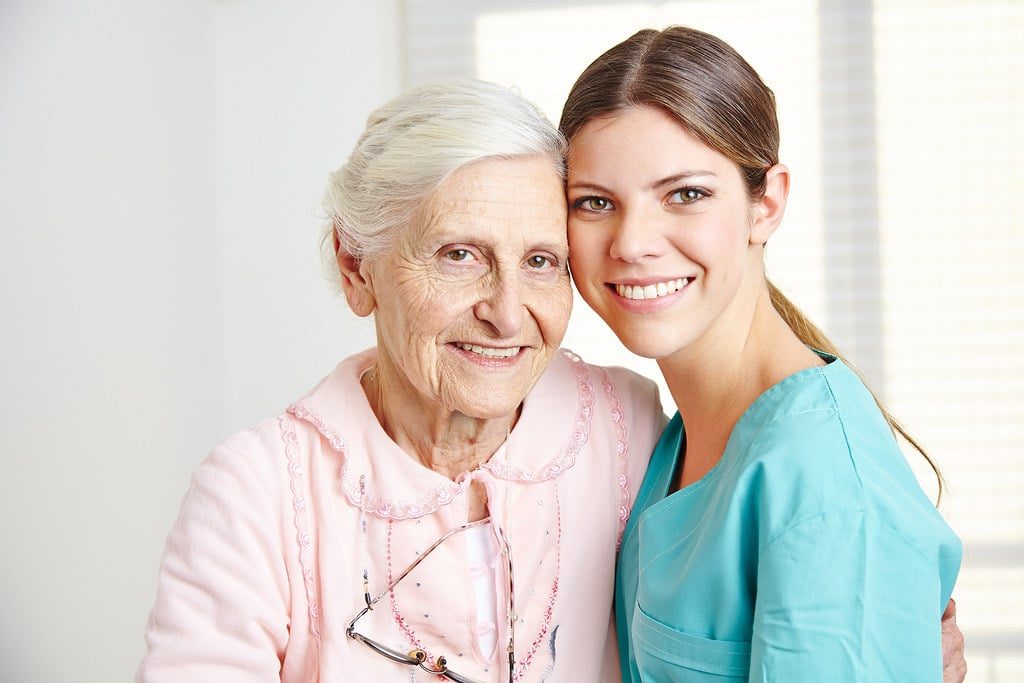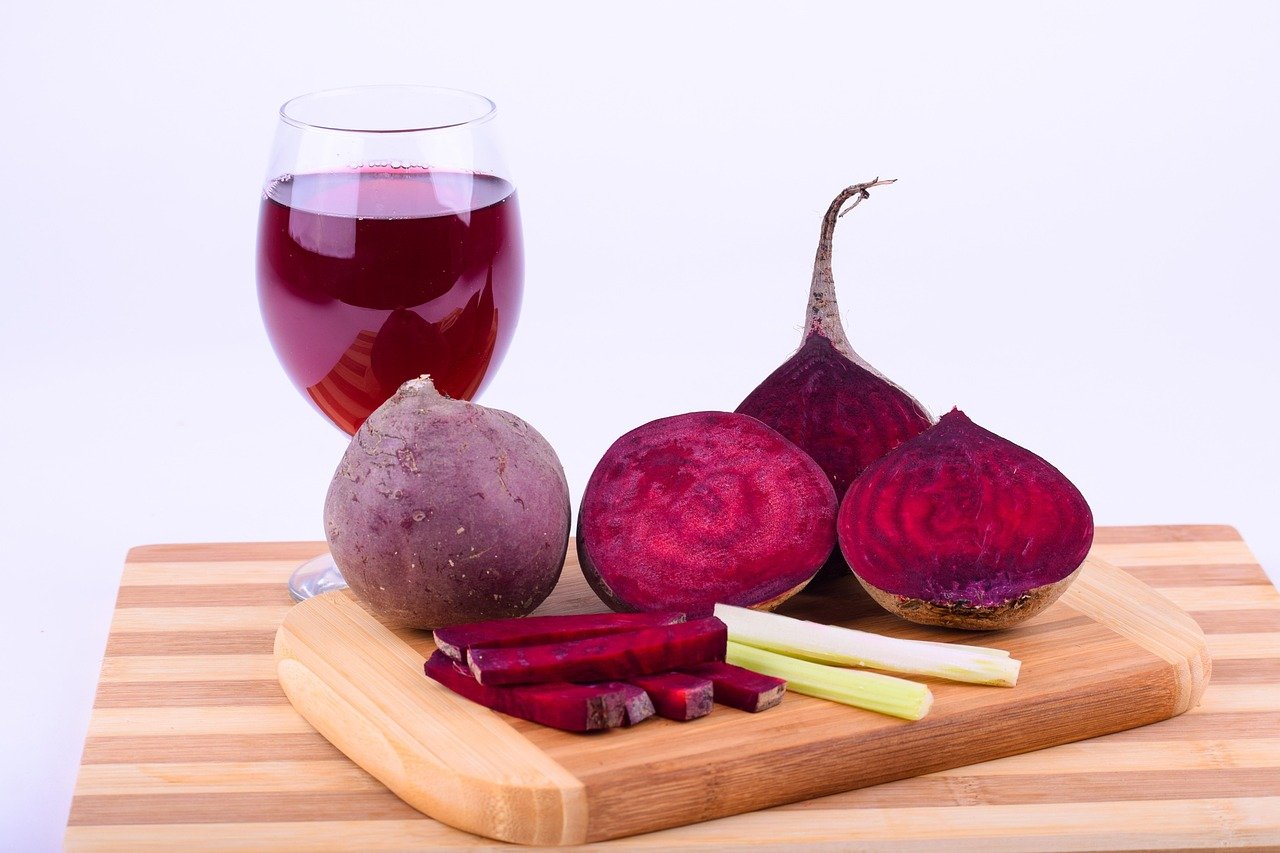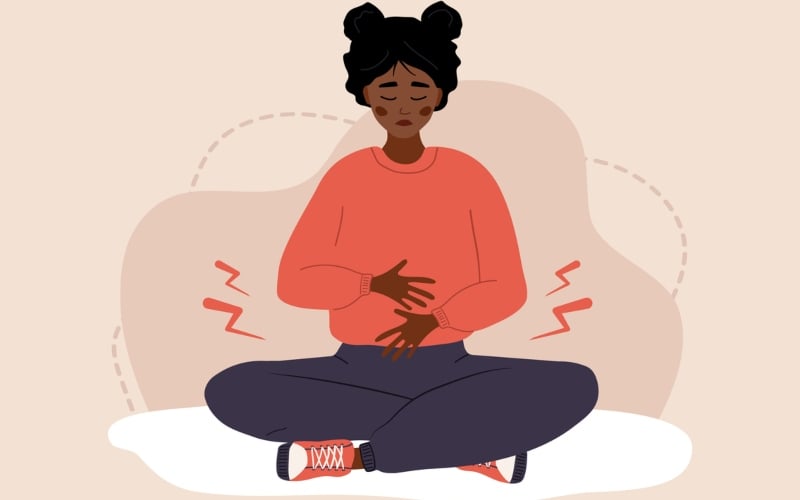 Author: Hannah FryeFebruary 14, 2023
Author: Hannah FryeFebruary 14, 2023 mbg Assistant Beauty EditorBy Hannah Fryembg Assistant Beauty EditorHannah Frye is the Assistant Beauty Editor at mindbodygreen. She has a B.S. in journalism and a minor in women’s, gender, and queer studies from California Polytechnic State University, San Luis Obispo. Hannah has written across lifestyle sections including health, wellness, sustainability, personal development, and more.Image by Michela Ravasio / StocksyFebruary 14, 2023Our editors have independently chosen the products listed on this page. If you purchase something mentioned in this article, we may earn a small commission.
mbg Assistant Beauty EditorBy Hannah Fryembg Assistant Beauty EditorHannah Frye is the Assistant Beauty Editor at mindbodygreen. She has a B.S. in journalism and a minor in women’s, gender, and queer studies from California Polytechnic State University, San Luis Obispo. Hannah has written across lifestyle sections including health, wellness, sustainability, personal development, and more.Image by Michela Ravasio / StocksyFebruary 14, 2023Our editors have independently chosen the products listed on this page. If you purchase something mentioned in this article, we may earn a small commission.Imagine a close friend develops a new crush: Apart from the nonstop name-dropping of their newfound lover (even if it doesn't make sense in the conversation), you might notice they appear glowing from within—but is it just the coy smile that makes them look so bright and youthful?
One pilot study poses it might actually be something deeper. In fact, they speculate that the emotional experience of falling in love can actually make you look younger—here's why.
Advertisement
This ad is displayed using third party content and we do not control its accessibility features.How oxytocin affects the skin.
When it comes to feel-good hormones, oxytocin is at the top of the list (right up there with dopamine). Widely referred to as the "love hormone," oxytocin gets released during all sorts of activities—from sex to cuddling to massages or sitting in a warm bath1.
But oxytocin doesn't just circulate through your brain like you may picture in your head. See, oxytocin, along with its carrier protein "neurophysin I" are found in the epidermis. To make a long and scientific story short: Oxytocin is present in your skin.
And in this small 2020 pilot study2, dermatologist, researcher, and researcher and founder of skincare brand Cutocin Nicole Hayre, M.D., FAAD, compared oxytocin levels, facial photographs, and lifetime sun exposure questionnaires from six female participants between the ages of 48 and 61.
dry body oil
A nutrient-dense, non-greasy oil that locks in moisture
★ ★ ★ ★ ★★ ★ ★ ★ ★(18)
Shop now Shop now
Shop nowShe also gave each participant a skin aging score (SAS), which would determine if that person looked older, younger, or exactly their biological age, all based on typical skin-aging factors (think wrinkles, dark spots, etc.).
The results: Those with higher oxytocin levels had a lower SAS—regardless of sun exposure. How could this be? "The oxytocin receptor, which is found on human fibroblasts, has been shown, when activated by oxytocin, to inhibit senescence-associated secretory phenotype (SASP)," the report reads.
That SASP activation triggers the release of proinflammatory cytokines, which then contribute to skin aging. "Therefore, its inhibition by oxytocin would constitute a protective mechanism," Hayre concludes.
Of course, this doesn't mean a daily orgasm or bubble bath can sub in for your SPF when it comes to skin aging or general skin health—but if you need some motivation to put time and effort into loving yourself or another person, consider youthful skin another solid reason.
Yes, this study was extremely small, but it does present some interesting food for thought in terms of skin aging from within. At the very least, it's a reminder that it's not always about face creams, tonics, and expensive treatments; it's about how much we tend to our well-being, mental health, and (in the case of today's topic) our hormones.
Advertisement
This ad is displayed using third party content and we do not control its accessibility features.The takeaway.
A small study linked higher oxytocin levels to younger-looking skin, meaning those feel-good hormones do more for your body than you might think. If you're looking to up your oxytocin, look to cuddling, massage, warm baths, and sexual pleasure. Not coupled up? Don't fret—there are plenty of other ways to release happy hormones on a daily basis.
 Hannah Fryembg Assistant Beauty Editor
Hannah Fryembg Assistant Beauty EditorHannah Frye is the Assistant Beauty Editor at mindbodygreen. She has a B.S. in journalism and a minor in women’s, gender, and queer studies from California Polytechnic State University, San Luis Obispo. Hannah has written across lifestyle sections including health, wellness, sustainability, personal development, and more. She previously interned for Almost 30, a top-rated health and wellness podcast. In her current role, Hannah reports on the latest beauty trends, holistic skincare approaches, must-have makeup products, and inclusivity in the beauty industry. She currently lives in New York City.











